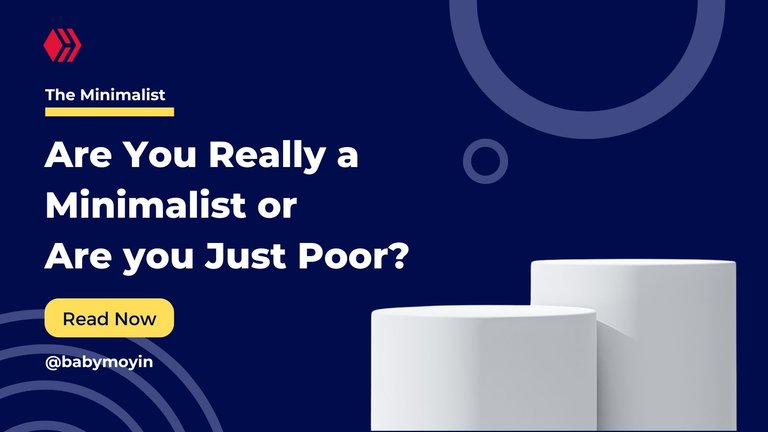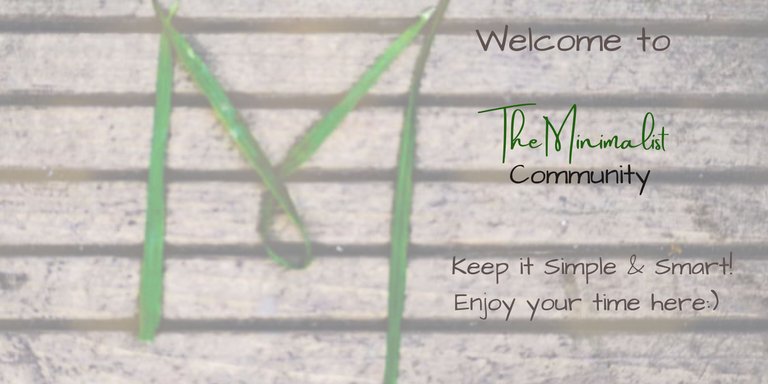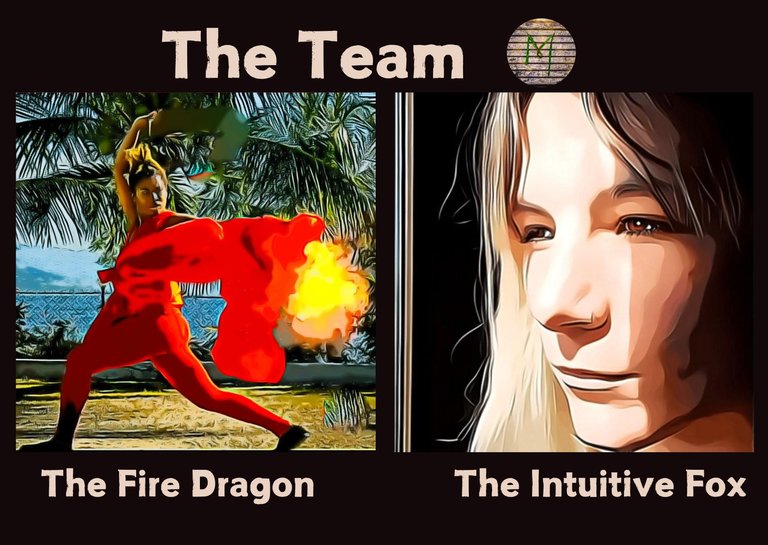
Someone asked me a question recently when we were speaking on our different style interests on interior design. We had glaringly different views which we both shared with heightened passion. I loudly argued against his love for patterns and colors, and he vehemently disagreed with my idea of minimalism. To be honest, I enjoyed the argument because I do love a good argument.
Well, the conversation seemed to drag for a while until he suddenly stopped talking, threw his head back a bit and squinted his eyes like he was suddenly remembered something. He remained stuck in that position for a few seconds, staring at me intently.
He suddenly leaned forward, moving closer to me and with amusement twinkling in his eyes and little naughty grin, he asked a ridiculous but quite funny question I have heard once or twice before.
“Are you really a minimalist or are you just poor?” He asked.
He expected me to be thrown aback by his question, but I was not because I am very aware of the fact that a lot of people mistake minimalism for poverty.
Well in my reply, I gave a very curt answer. “I am a minimalist and I am not poor” but in this post, I will give a longer answer. (I might share the link with him after posting, he should find it educational 😄)
The Difference Between Minimalism and Poverty
Explaining in the plainest way, minimalism is about consciously deciding on how to allocate your time and energy on the things that matter the most toyou. It is about cutting off extra wants and making way for what is most important.
On the other hand, poverty relates to people that want less, not because they choose to want it, but that is their reality. They have no other option but to have what is given.
While for many people, living without unnecessary purchases is just another way of living, for someone who doesn’t have enough money to pay all the bills, it is just the way to live.
I recently finished college and a vivid memory I have of my early years was time when the amount of money I had was very little. Back then, I had no financial freedom to care about having a style or catering to my wishes. I could not even dream of opting for being a minimalist. Every single penny I had went to feeding.
I wore the same shoes to and from classes and on weekends, not because I was a minimalist or because it was my favorite pair. It was simply because I could not afford a second pair. In this regard, people might have believed me to be a minimalist, though in real sense, that was not the case.
In that situation, my decisions were limited by financial state not my personal style interests.
Are You Really a Minimalist?
I will asssume some questions could be coming now in your head.
Can someone who is not financially buoyant also be a minimalist?
How do I know if someone is a minimalist or not?
Well, I will sharing five simple questions that can help you easily identify if you or someone else is a minimalist if answered honestly.
1.Do you feel a sense of peace and joy from owning less, or do you feel frustrated because you don’t have the option to buy what you want?
2.If your financial situation improved tomorrow, would you continue living the same way or would you go on a shopping spree to make up for lost time?
3.Do you own less by choice, or because you can’t buy more?
4.Is your home a reflection of your values or your budget?
5.Do you feel content with what you have?
My Ending Note
As life smiled in favor for me, I reached a point in life where I could afford more and then I realized I did not need or want a lot of the things I once thought I could not live without. That was when I began embracing minimalism for real—by choice, and not by force.
So, before you label yourself a minimalist, take a step back and ask: Am I truly in control of my lifestyle choices or am I just going along with my present situation? Minimalism is only liberating when it is done voluntarily.
For anyone who is living with a limited budget, do not force to brand your design and style as a minimalist one. Your worth isn’t determined by the fact that you can conform to someone else’s worldview—it is about maximizing what you have at your disposal presently.

